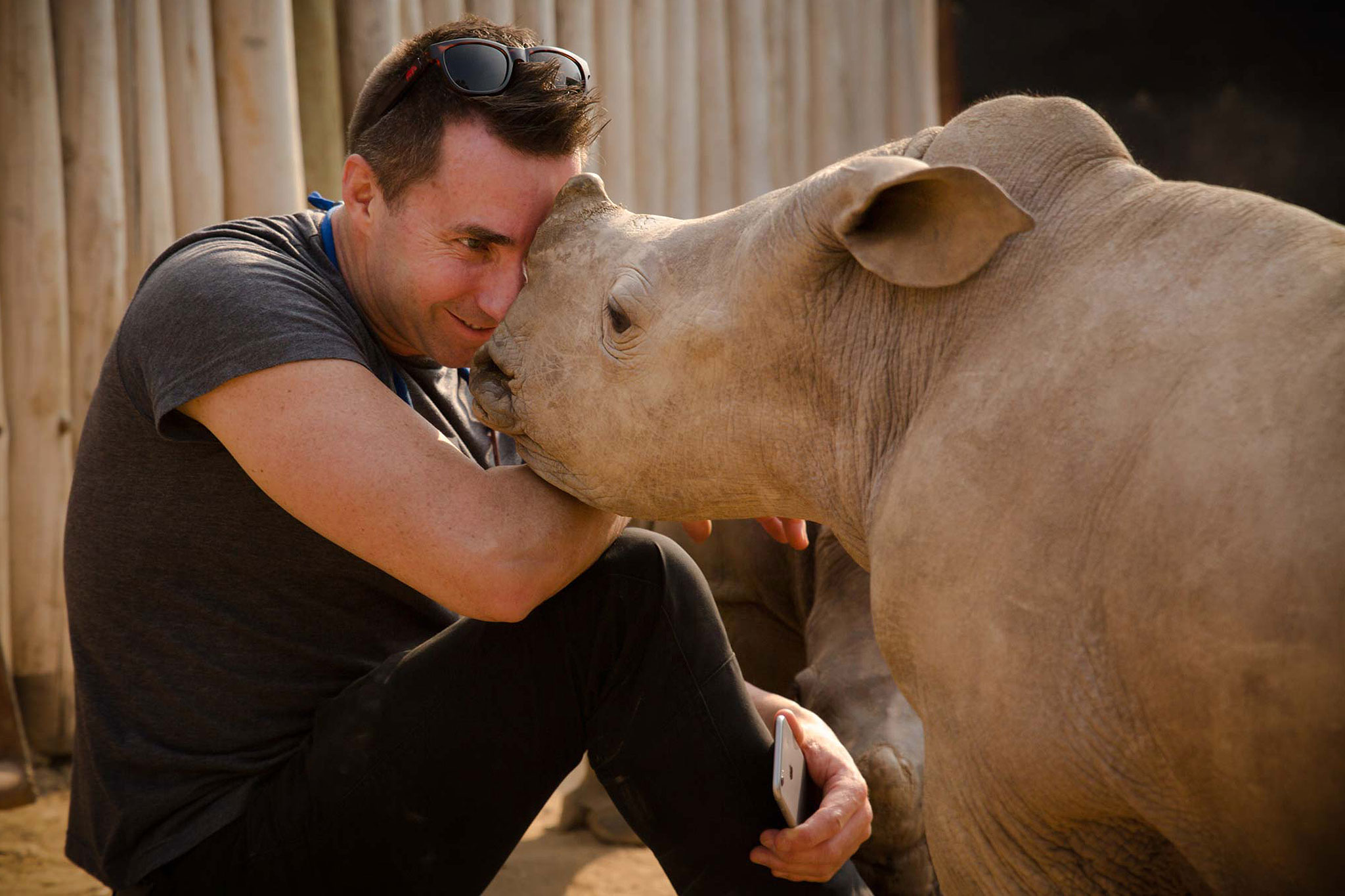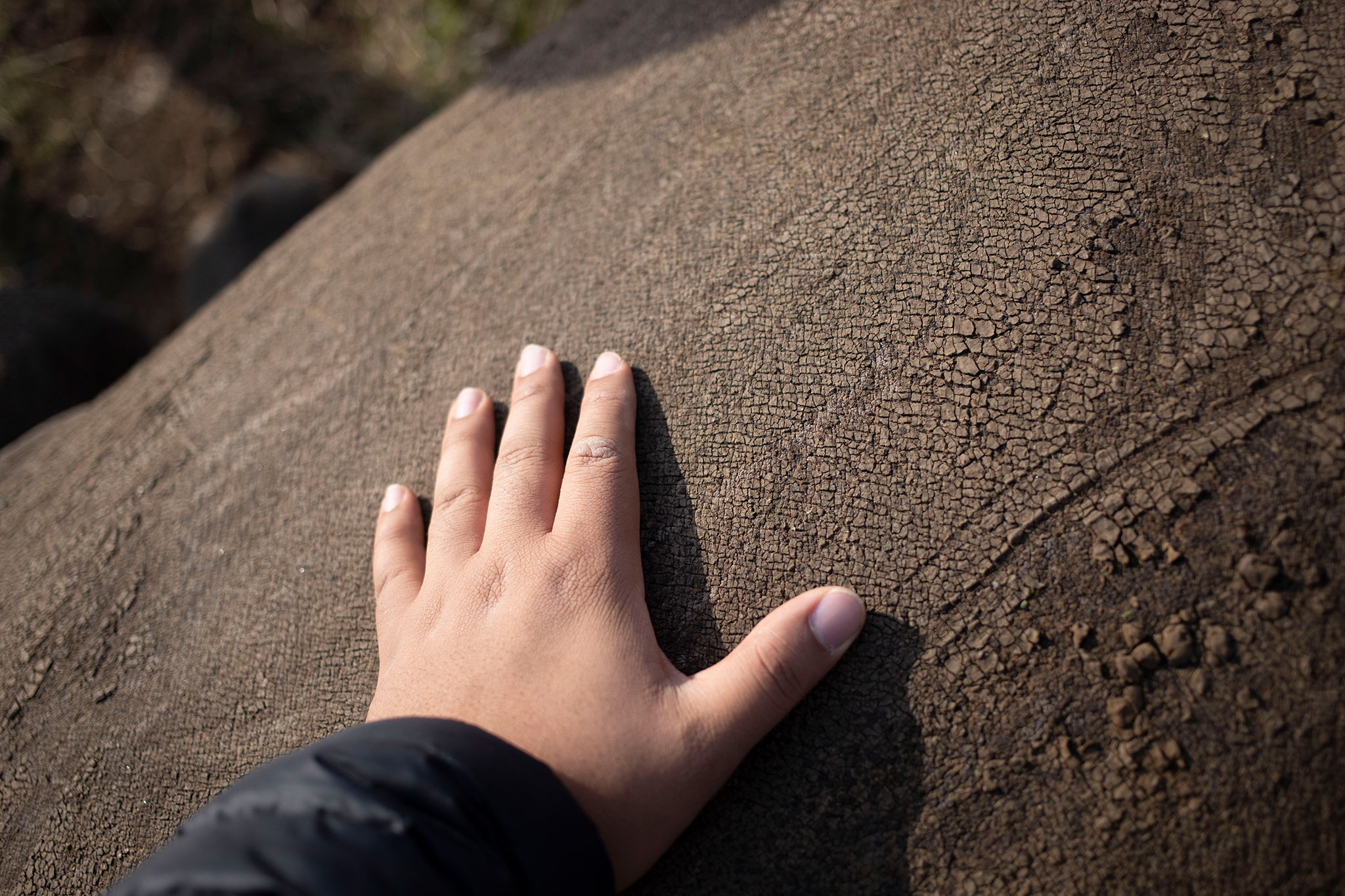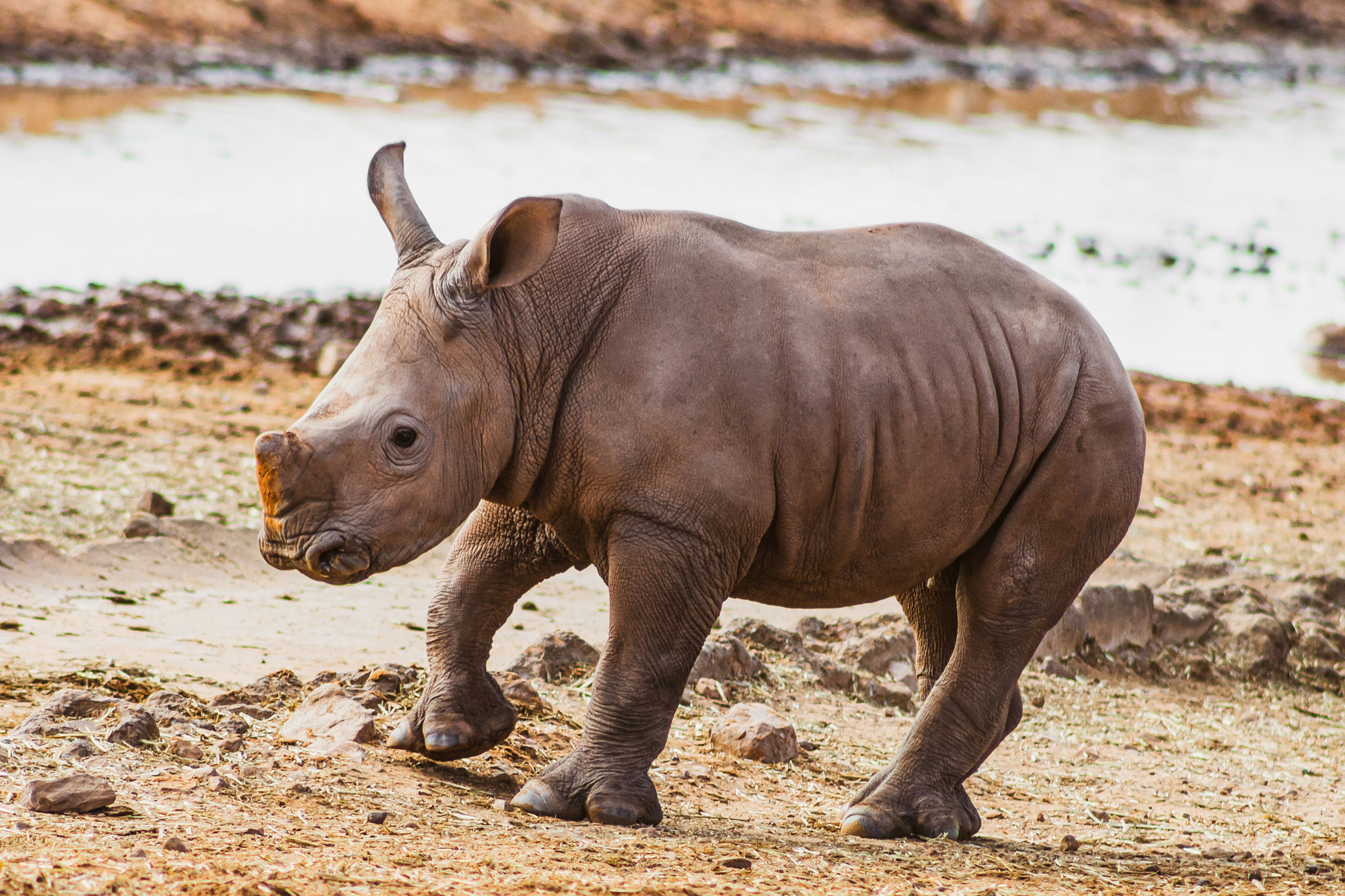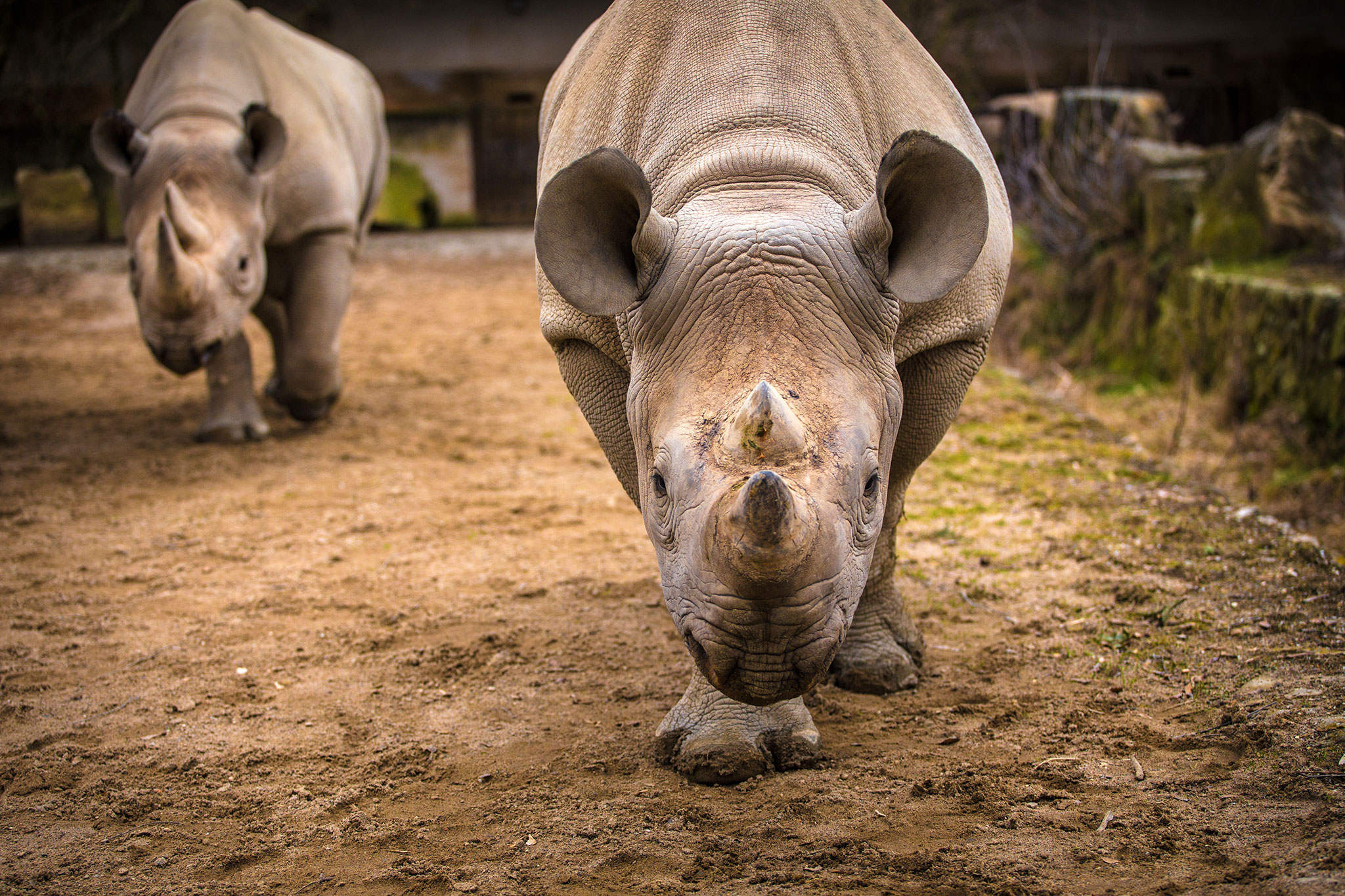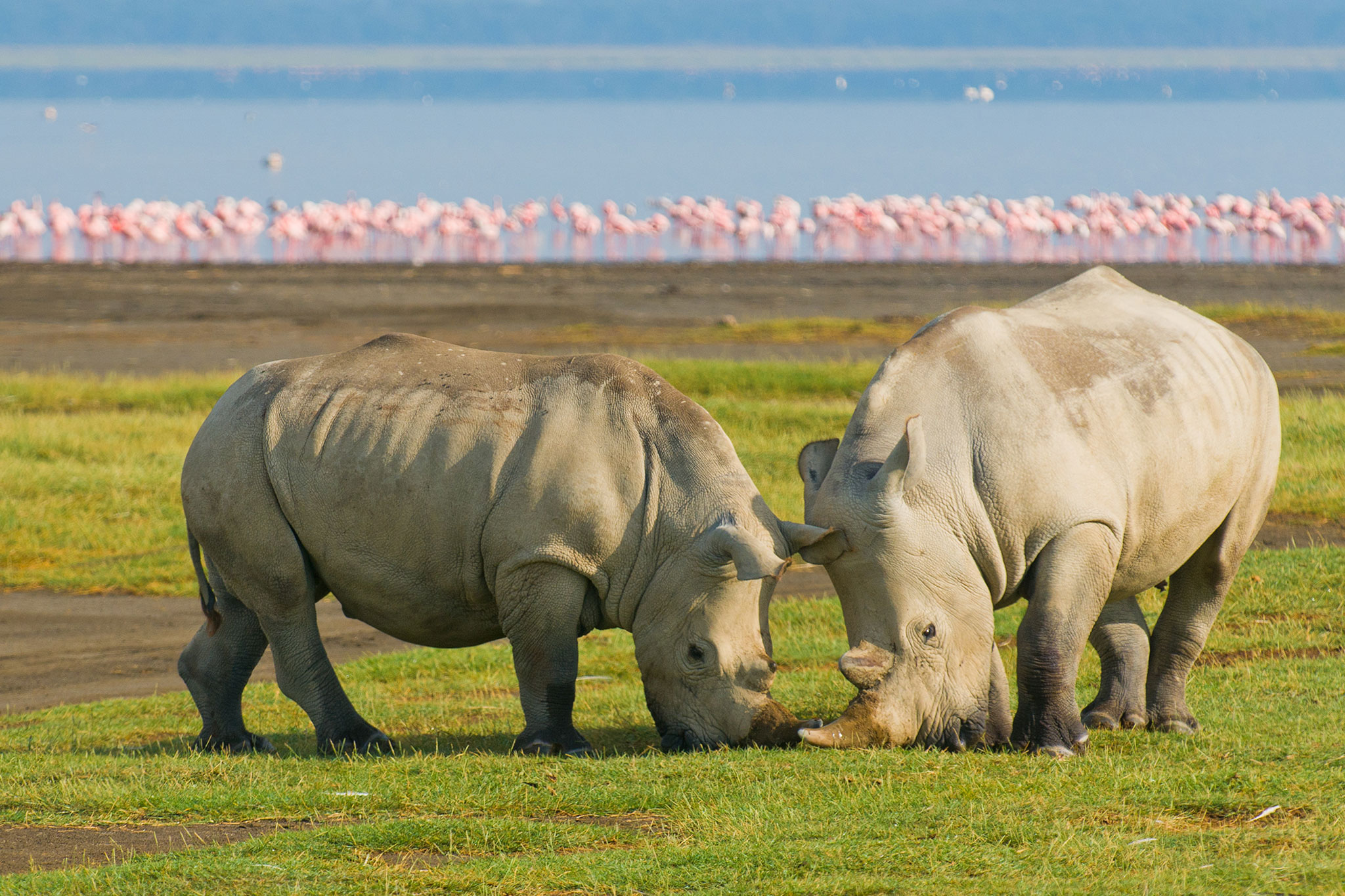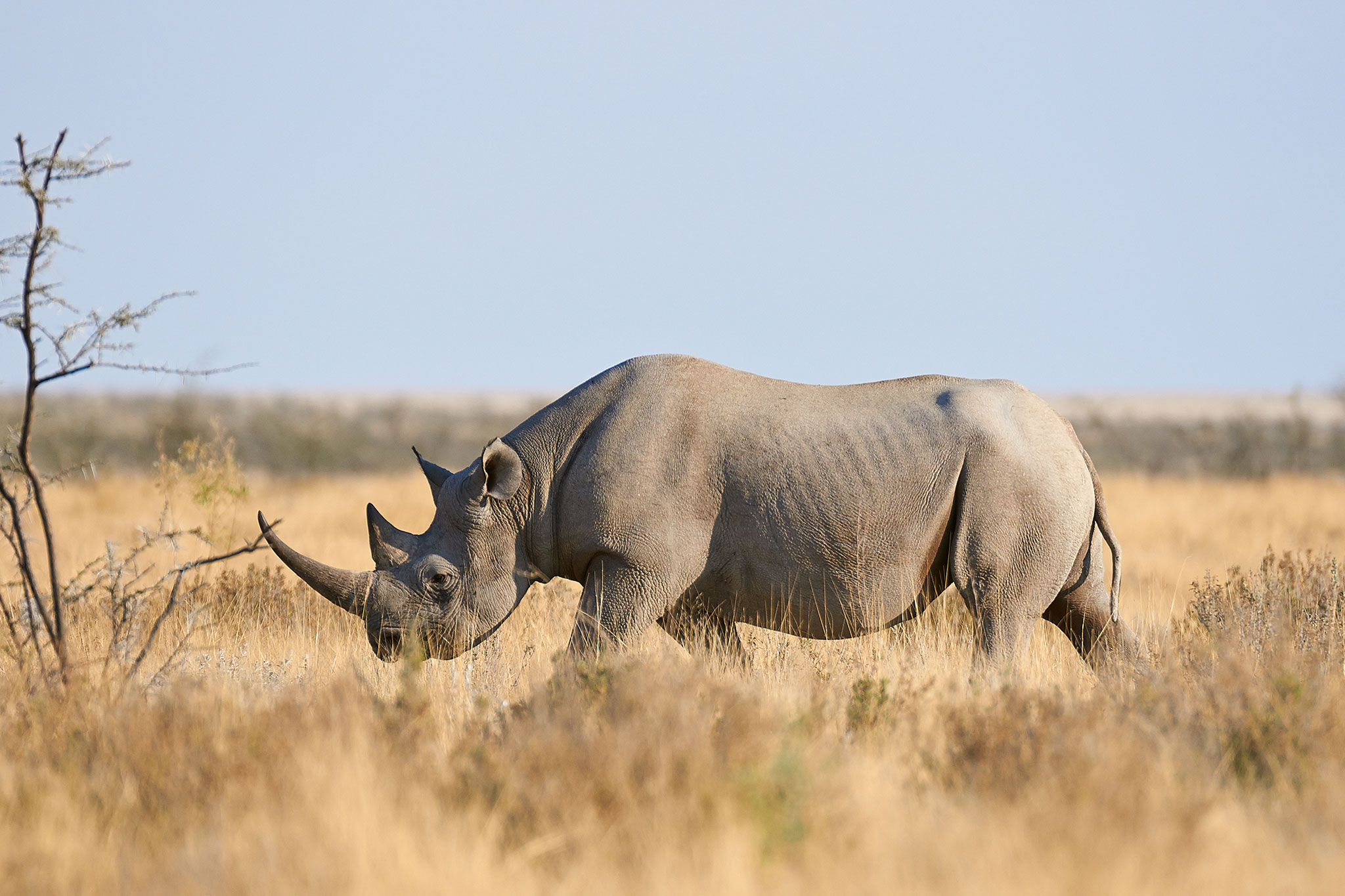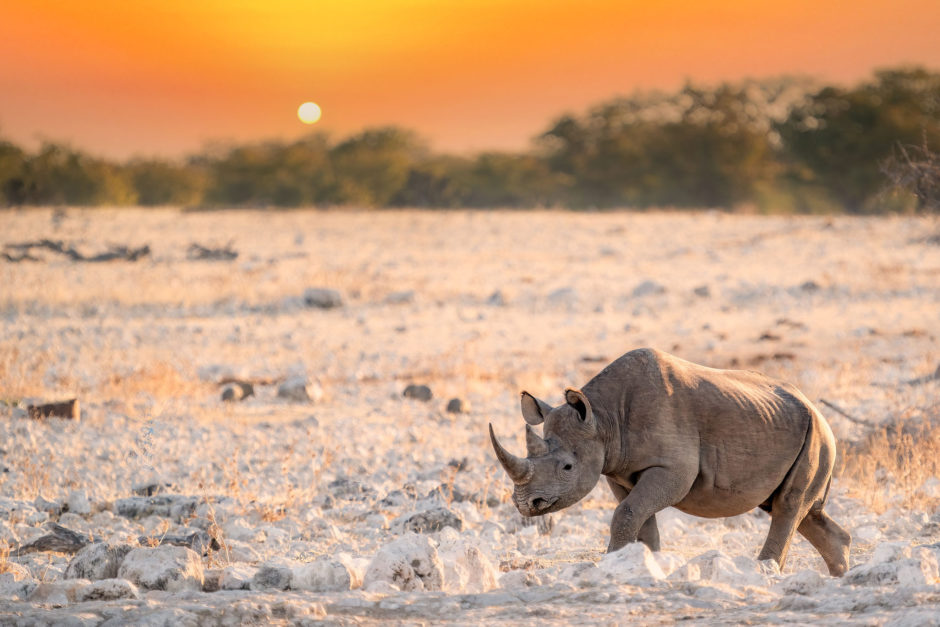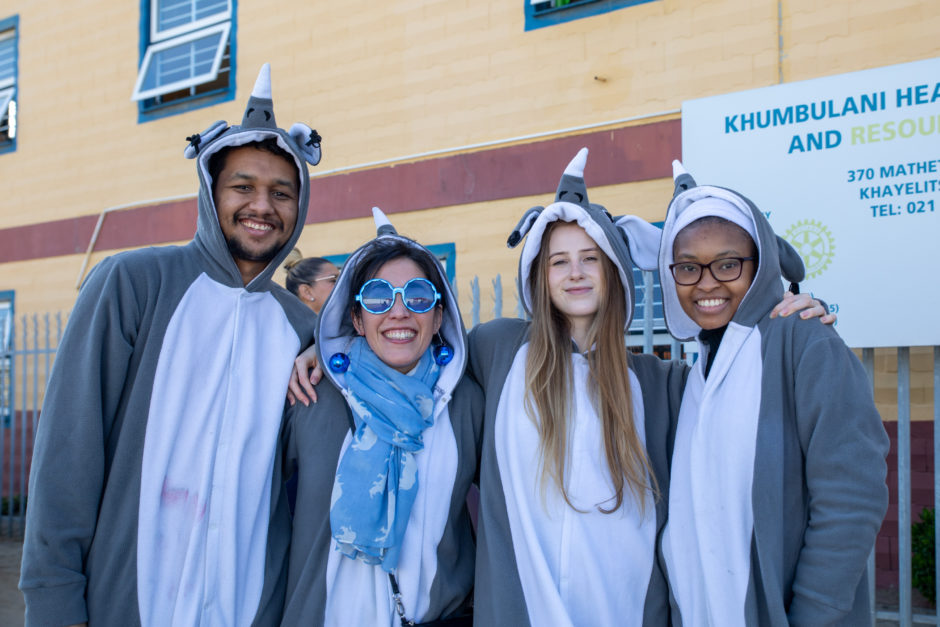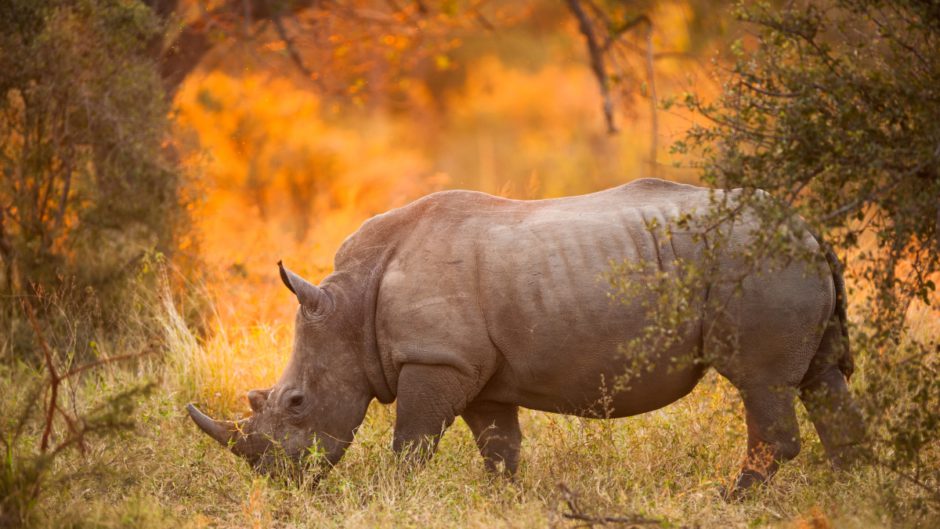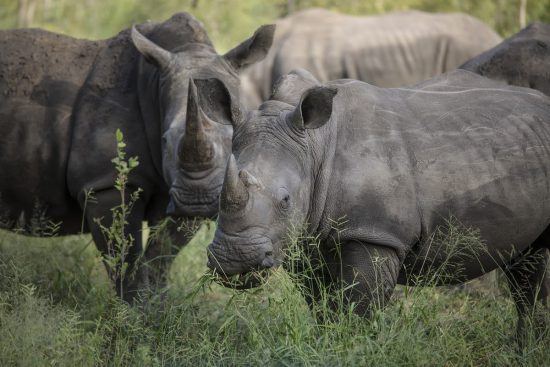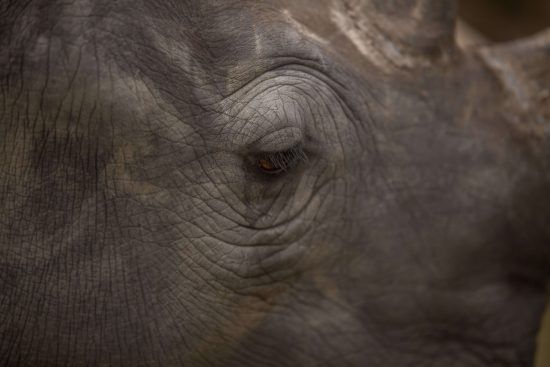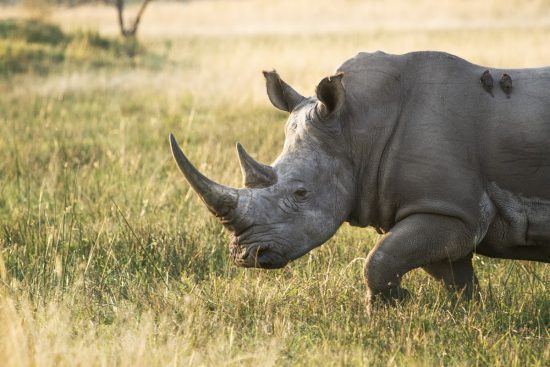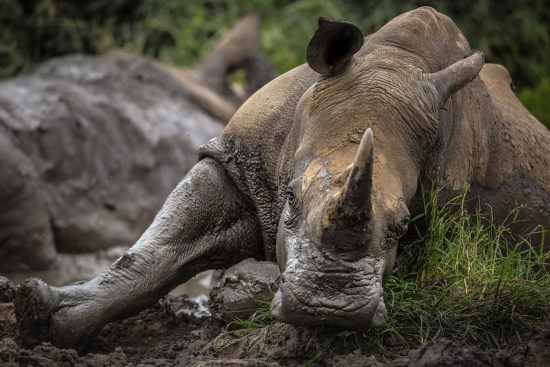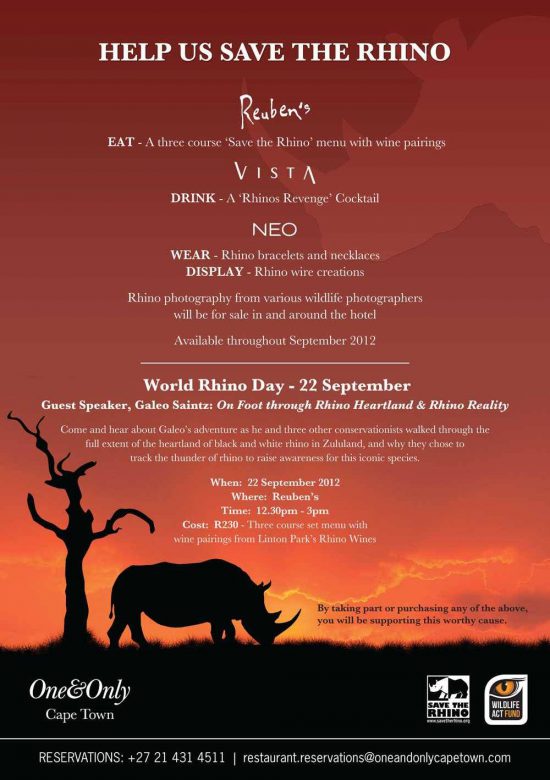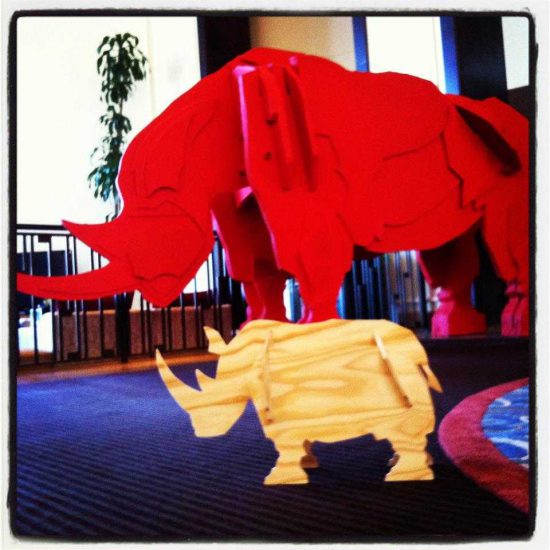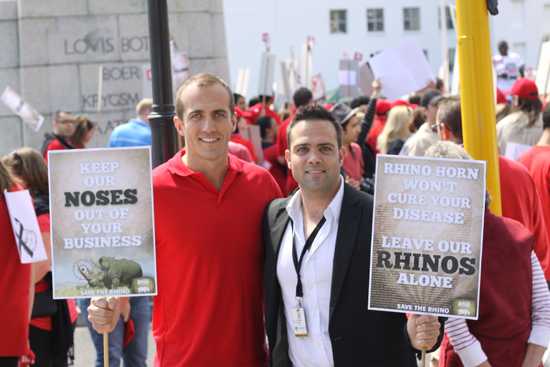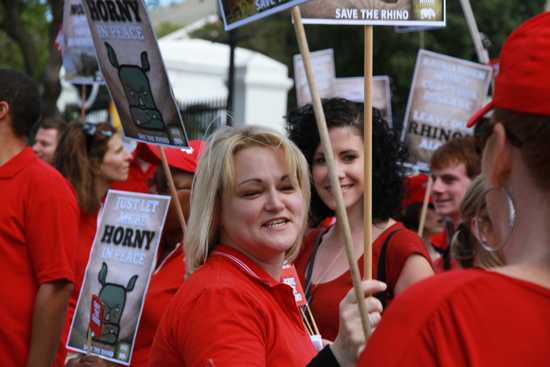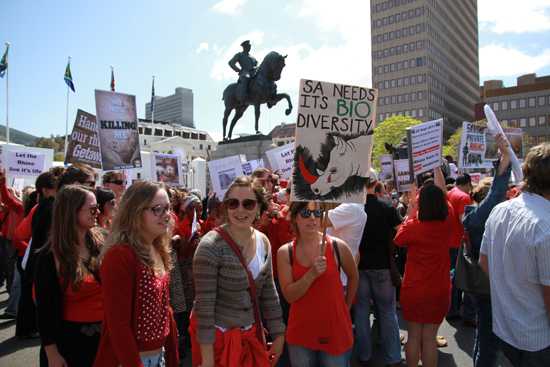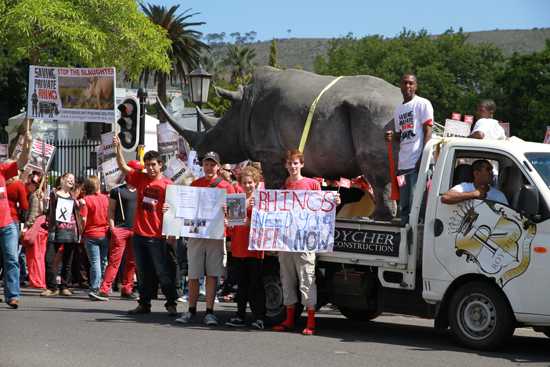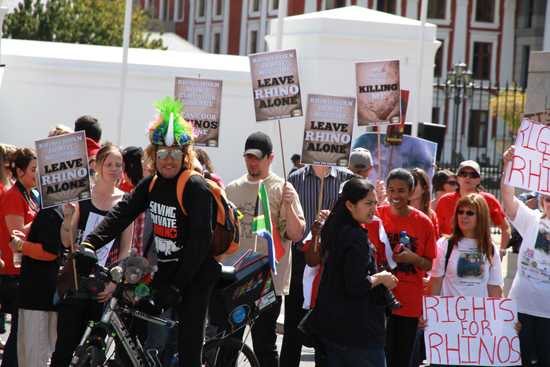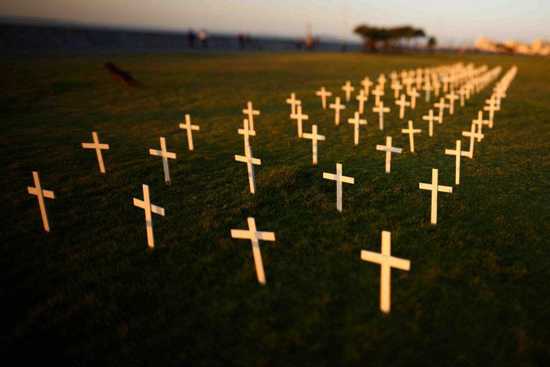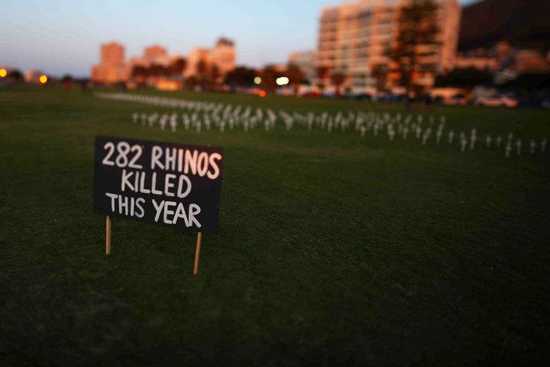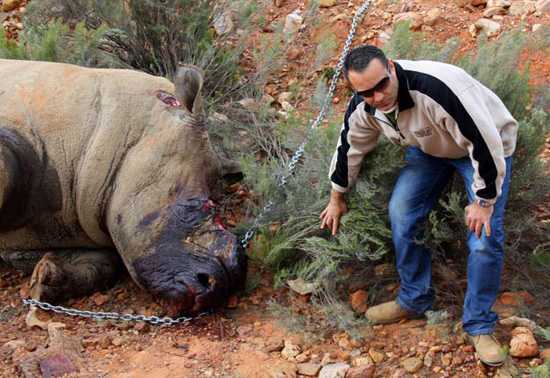22 September is World Rhino Day. Once again Rhino Africa will be leading a gathering outside Parliament in Cape Town between 11:30am and 1:30pm. Remember to wear red to show your support!
The purpose of the gathering is to raise awareness of the continuing scourge of rhino poaching that is threatening the extinction of the species. It is also intended to show support for South Africa’s rhino warriors – the men and women at the frontline who risk their lives daily against the sophisticated, ruthless and heavily-armed international criminal gangs who run the illegal rhino horn trade.
On Tuesday 20 September the Democratic Alliance, the governing party in the Western Cape province, had a motion unanimously passed at the National Assembly in support of World Rhino Day. The following motion was read out by DA MP Santosh Kalyan:
The DA moved without notice that the house:
1) Notes that 22 September 2011 is World Rhino Day and that this is the second time this day has been commemorated;
2) Further notes with shock and concern that approximately 300 rhinos have been killed by poachers to date in 2011;
3) Condemns the cowardly acts of rhino poachers;
4) Commends the work of all South Africans, both in civil society and in government, who are involved in efforts to protect our rhino population from poachers;
5) Recognises that poaching is often conducted by well-armed international criminal syndicates, therefore making the work of the brave men and women who defend our rhino populations in the field even more commendable;
6) Urges all South Africans who understand the plight of rhinos to share this information with people who are not yet aware of rhino poaching;
7) Urges all South Africans to join the fight against rhino poaching and to report any suspicious activity to their local law enforcement and conservation authorities;
8) Urges all South Africans to visit our game reserves, both public and private, to see these majestic animals in their own habitat.
Helen Zille has reiterated the DA’s support and confirmed that, “We will continue to raise this issue at the highest levels to ensure it remains firmly at the forefront of the national agenda.” This goes to show the impact that an initiative such as World Rhino Day can have in making a real and tangible difference.
While government is spending money and launching initiatives to combat poaching, the fact remains that we are in the same position as we were last year. In fact poaching is on the rise.
More needs to be done and we are therefore encouraging greater Government and Private Sector co-operation to put an end to poaching. African governments often neglect wildlife conservation in favour of more pressing social and economic agendas, meaning that a private sector initiative is paramount if we wish to stave off the decimation of this unique species. But while individual efforts are hugely commendable the only way we are going to vanquish poaching is by working together.
The bottom line
Government should facilitate a more coordinated anti-poaching campaign – from stemming supply and demand through to policing, prosecution and sentencing. Bringing in the army was a hugely positive step, but what next? Government needs to be more transparent and to communicate and set out its plans to tackle the problem more effectively, harnessing the finances and will power of the private sector which is obviously enormous. The private sector in turn needs to work together to optimise their resources with long term goals and strategies.
Government needs to take the lead to engage more with Asian governments and markets to tackle the demand at source as well as supporting existing initiatives on the ground in Africa.
Presently, Helen Zille, party leader, is on a business trip to Germany but has released a statement regarding World Rhino Day that will be read out at the World Rhino Day event outside Parliament on 22 September, in support of the event and World Rhino Day. This is the sort of high profile attention that has been lacking. Constructive and urgent action from Governments around the world is required.
The Stats
Every 22 hours a rhino is poached.
Rhino horns are coveted in certain foreign countries because they are believed to have special healing properties. Rhino horn is actually made of compressed hair – similar to horse hooves. It has been scientifically proven that there are no health benefits in eating keratin. It’s no different to biting your nails.
The last few years have seen a surge in poaching. There are five species of Rhino in the world. Two in Africa and three in Asia. Two of the three Asian populations, the Sumatran and the Javan, are on the brink of extinction. There are no more than 27,000 rhinos left on Earth.
In the 1960s African black rhino numbered 100,000 but it waned to 2,400 in the early 1990s. Today there are about 4,800 black rhino in Africa, which is still low but heading in the right direction. The success has been the rebound of the white rhino. There were as few as 50 alive a century ago. Now, there are around 20,000. But the last few years have seen a huge increase in poaching. From 2000-2007, only about a dozen rhinos were poached each year in Southern Africa (where nearly 90% of all African rhino live).
Last year 333 were slaughtered. So far in 2011, more than 285 rhinos have been lost to poaching in South Africa alone (at least 170 of those in the Kruger National Park) – experts predict that more than 475 animals will be killed by the end of the year. This figure is not yet high enough to suppress the natural population growth, but is edging ever closer to the tipping point where the numbers killed will exceed the number born.
Government threats of a maximum R250 000 fine, or ten years imprisonment for rhino poaching, have not abated the slaughter.
Combating poaching
In terms of how to combat poaching – this is a question for the conservation experts – we are not advocating any specific strategy. Opinions will differ, but what is crucial is that the leading minds work together and agree on a strategy.
In relation to the legalisation of the trade in rhino horn, it is certainly a debate that needs to be had. What matters is the survival of the species – we need to be open to ideas as to how best to achieve this.
According to Consultancy African Intelligence (CAI), the international trade in rhino horn was banned in 1976 and the Chinese government banned the trade in 1993. However, there is a loophole in South Africa’s Biodiversity Act, that states rhino horn may be traded as a trophy – if it is obtained with a legal permit. Government is currently debating whether to make all hunting of rhino illegal.
Poachers mostly belong to highly organised syndicates that are impossible to track down, and if one is brought to task then another one will simply take its place.
Legalisation and regulation will help stem demand by diminishing the rewards and will also raise money for conservation, but on the other hand, legalising the trade creates positive reinforcement and abets demand. The best way, therefore, to combat poaching is to get all interested parties working towards a clearly defined and holistic strategy – from halting demand through to sentencing and population rehabilitation. The price per kilogramme of freshly cut rhino horn is currently between US $25,000 and $40,000. With an increased rhino horn supply, the price would most likely drop, dampening the poaching incentive. In addition, legal trade would be easier to control than the illegal trade running rampant today. Funds derived from sales could be ploughed back into rhino conservation programmes.
Another solution currently being implemented across the country is that of organised de-horning, where reserves and sanctuaries safely remove the rhino horn while the animal is under sedation, thereby removing the poacher’s trophy and the incentive to poach. It’s a successful deterrent, but a sad concession to poaching which humbles this great member of the Big 5. Poisoning of the horn is another solution in practice.
Government could also initiate a compensation programme encouraging breeding programmes or make greater resources available for government-led breeding programmes. This is the sort of programme that needs to be recognised and encouraged. Re-energising the rhino population is a vital part of saving the species.
We do not want to bring guests to see the Big 4!
Rhino Africa is Africa’s leading online tour operator, bringing over 15,000 guests to Africa every year. For us, the most important thing is sustainable tourism. It’s not just about being green – it’s about ensuring a long term future for South African tourism. We have to realise that our primary tourist resources in Africa are wildlife and natural beauty. We do not have the historical and architectural attractions of Europe and so we need to protect those resources. Sustainable tourism requires complete buy-in from government and communities.

Challenge4aCause
While we believe in supporting the initiatives of our partner companies, we have also started our own initiative called Challenge4aCause which aims to support the conservation of Africa’s endangered animal and plant species and will finance projects that seek to uplift poor communities.
We do this by running an Annual Challenge. This year our more intrepid members of the team cycled 330km across the Damaraland desert in Namibia to raise over R800,000 for the Save the Rhino Trust and other charities. The Save the Rhino Trust focuses on anti-poaching of the endangered desert-adapted, black rhino population of Namibia.
Ultimately though, the answer will be a focused, coordinated campaign involving government, NGOs and private enterprises.
Find out more on Rhino Africa’s Facebook Page and Challenge4aCause’s Facebook Page.
